In today’s fast-paced world, where technology is changing the way we operate, understanding the shifts in process serving is crucial for businesses and professional services. Once a routine part of legal proceedings, the landscape of process serving is undergoing significant transformation. This blog post aims to unravel the complexities of these changes, highlighting what businesses need to know and how they can adapt to stay ahead.
The Traditional Process Serving Model
Process serving is the procedure of delivering legal documents to parties involved in court cases, ensuring that they are informed of upcoming legal actions. Traditionally, this task has been handled manually by process servers, who physically deliver documents to the intended recipient. This model, while straightforward, often encounters several challenges.
One major challenge is the difficulty of locating individuals, especially those who may be actively avoiding service. Process servers must rely on investigative skills and local knowledge, which can be time-consuming and costly. Additionally, the manual nature of traditional process serving leaves room for human error, such as incorrect documentation or misidentification of the recipient.
Furthermore, the legal requirements for process serving vary by jurisdiction, compounding the complexity for businesses that operate across multiple regions. This traditional model, while effective in its own right, is increasingly being seen as inefficient in the modern, digital age.
The Impact of Technology on Process Serving
The introduction of technology into process serving has been a game-changer, addressing many of the challenges faced by the traditional model. With digital tools, process servers can now access databases to track down individuals more efficiently. This not only reduces the time needed to locate recipients but also increases the accuracy of the process.
Technology has also introduced electronic service, allowing legal documents to be delivered via email or other digital means. This method is not only faster but also provides a digital trail, which can be invaluable for record-keeping and legal compliance. The integration of GPS and mobile apps in process serving has further streamlined operations, enabling real-time tracking and updates.
The advantages of these technological advancements are clear. They offer increased efficiency, reduced costs, and improved accuracy. For businesses and professional services, leveraging these technologies can lead to significant gains in productivity and client satisfaction.
Legal and Ethical Considerations in Modern Process Serving
With the evolving landscape of process serving, it’s essential to consider the legal and ethical implications. The introduction of technology has brought about new legal challenges, such as ensuring the validity and admissibility of electronically served documents. Businesses must stay informed about the laws in different jurisdictions to ensure compliance.
Ethically, the use of technology raises questions about privacy and data security. Process servers and businesses must take steps to protect sensitive information and ensure that their digital practices align with ethical standards. This includes obtaining proper consent for electronic service and implementing robust data protection measures.
Navigating these legal and ethical considerations is crucial for businesses and professional services that rely on process serving. By staying informed and proactive, they can avoid legal pitfalls and maintain their reputation.
The Future of Process Serving
Looking ahead, the future of process serving promises exciting innovations and challenges. With advancements in artificial intelligence and machine learning, we can expect even greater efficiencies in locating individuals and predicting service outcomes. These technologies have the potential to further reduce costs and improve accuracy.
However, as with any technological advancement, there are potential challenges. The rapid pace of change may lead to regulatory lag, where laws struggle to keep up with technological capabilities. Businesses will need to remain vigilant and adaptable to ensure they are operating within legal boundaries.
Overall, the future of process serving is bright, with technology paving the way for more streamlined and efficient practices. Businesses that stay ahead of these trends will be well-positioned to capitalize on the benefits.
How Businesses Can Adapt
Adapting to the changing landscape of process serving requires proactive strategies. Businesses and professional services should start by assessing their current process serving practices and identifying areas for improvement. This may involve investing in new technologies or partnering with innovative process serving firms.
Staying compliant is another key consideration. Businesses should regularly review legal requirements in their jurisdictions and ensure their practices align with the latest regulations. Training staff on new technologies and legal updates can help maintain compliance and improve efficiency.
Leveraging technology to enhance process serving is not just about adopting new tools; it’s about integrating them into existing workflows. By taking a holistic approach, businesses can create a seamless process that meets the needs of their clients and the demands of the modern legal environment.



